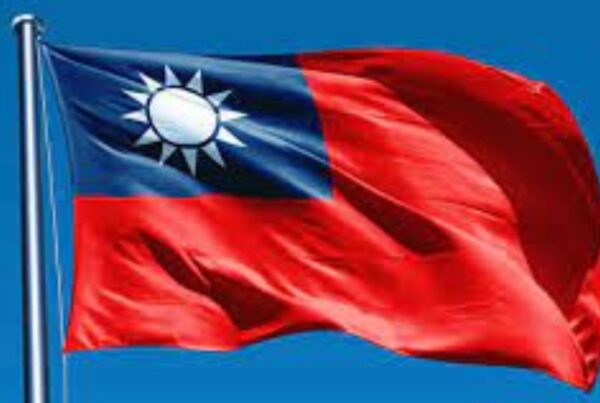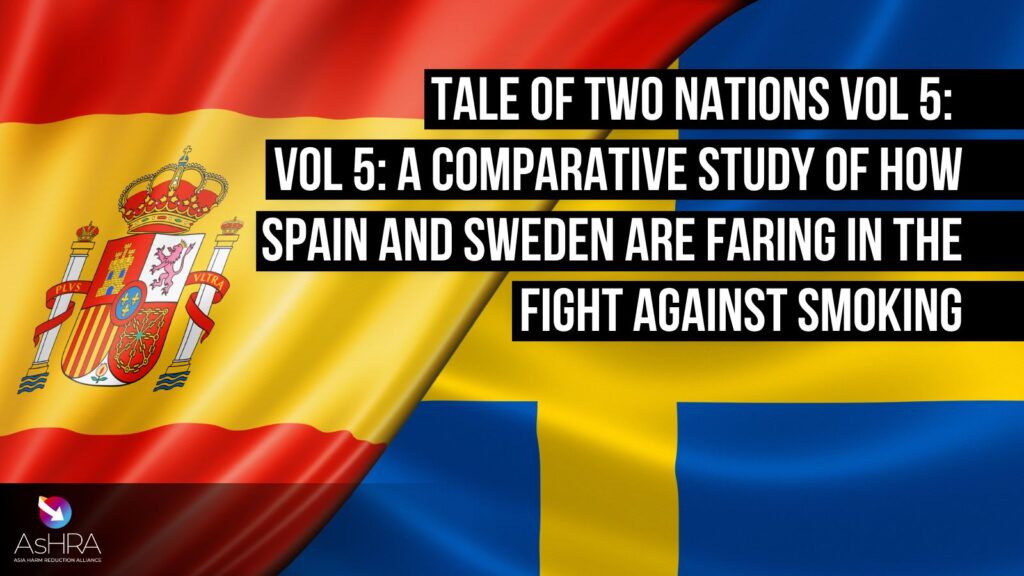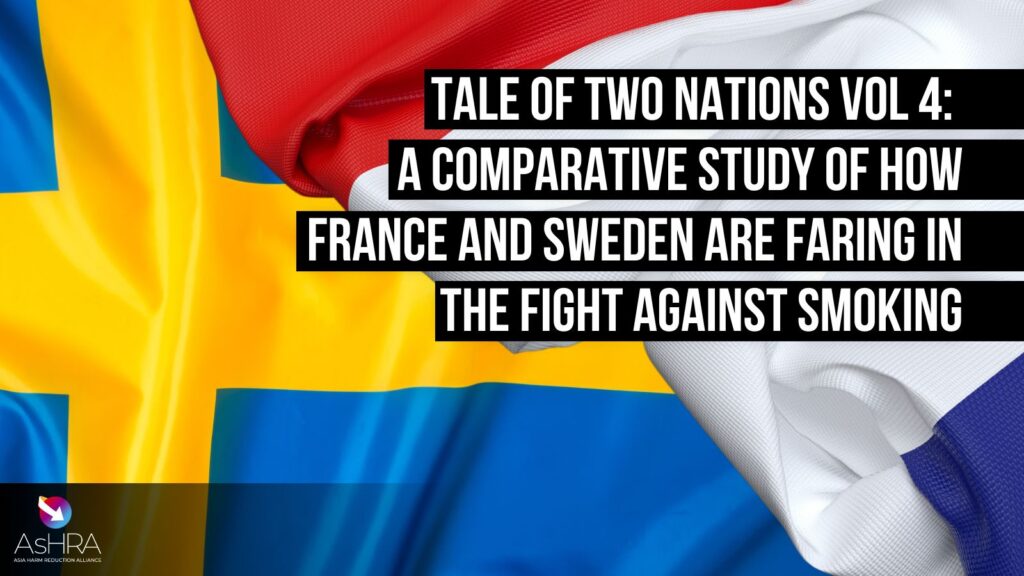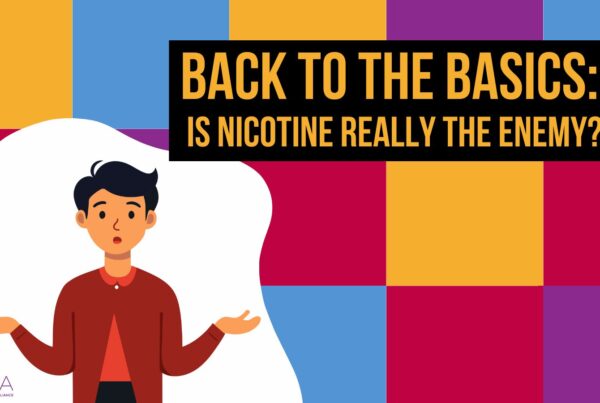Consumer advocates are calling for the next Government to support greater consumer advocacy participation in the upcoming FCTC COP10 meeting in Panama.
“The WHO Framework Convention on Tobacco Control (FCTC) has contributed to some progress in the implementation of tobacco control measures, but they need to provide honest, risk-proportionate communication and regulatory recommendations for Tobacco Harm Reduction (THR) products,” says Nancy Loucas, a prominent New Zealand public health consumer advocate and executive coordinator of CAPHRA.
“While not perfect, these THR products can be a less harmful alternative to smoking and can help smokers quit. It is critical that smokers have access to accurate information about these products and that regulations are proportionate to their risks,” says Ms. Loucas.

“The WHO FCTC should stop denying smokers, vapers, and other tobacco users of their right to have a meaningful participation and inclusion in the formulation of policies that hugely impact them.”
CAPHRA is calling on the New Zealand Government and the next Minister of Health to ask all Member States who will be attending the 10th FCTC Conference of Parties on November 20-25 in Panama City to reject the prohibitionist proposals contained in COP 10 Provisional Agenda items 6.1 to 6.4 that will just further contribute to millions more of unnecessary deaths from smoking.
Specifically, we are calling for a commitment from the next New Zealand Government to:
- Oppose treating THR products as tobacco products and therefore regulating and taxing vaping the same way as smoking;
- Oppose treating vaping aerosols as smoke and therefore extending very restrictive FCTC provisions coverage to THR products;
- Oppose banning all THR products flavours and open systems, online sales and product communications – tools that most help smokers to switch to THR products;
- Oppose undue restrictions on nicotine salts and nicotine delivery and nicotine content in general; and
- Oppose any radical progressive tobacco measures that will be extended to novel and emerging tobacco products.
“New Zealand should prioritise science-based inclusive policy making, including at the WHO Framework Convention on Tobacco Control. It is essential that policymaking is based on the best available evidence and that all stakeholders – including consumer advocates are included in the decision-making process,” said Ms. Loucas.
“It is time for the WHO FCTC and its member states to listen to the voice of the sector that they are supposed to fight for and not against – the over 1 billion smokers whose lives are in danger if they continue to smoke,” Ms. Loucas said.
Related Posts
 Time to support Filipino vape law, not relitigate it
Time to support Filipino vape law, not relitigate it
Time to support Filipino vape law, not relitigate it
 Greens’ Plan To Legalise Nicotine Vapes Lauded
Greens’ Plan To Legalise Nicotine Vapes Lauded
Greens’ Plan To Legalise Nicotine Vapes Lauded
 Taiwan Vaping Ban Disappointing For Its Many Smokers
Taiwan Vaping Ban Disappointing For Its Many Smokers
Taiwan Vaping Ban Disappointing For Its Many Smokers
More about
Alcohol Harm Reduction
More about





